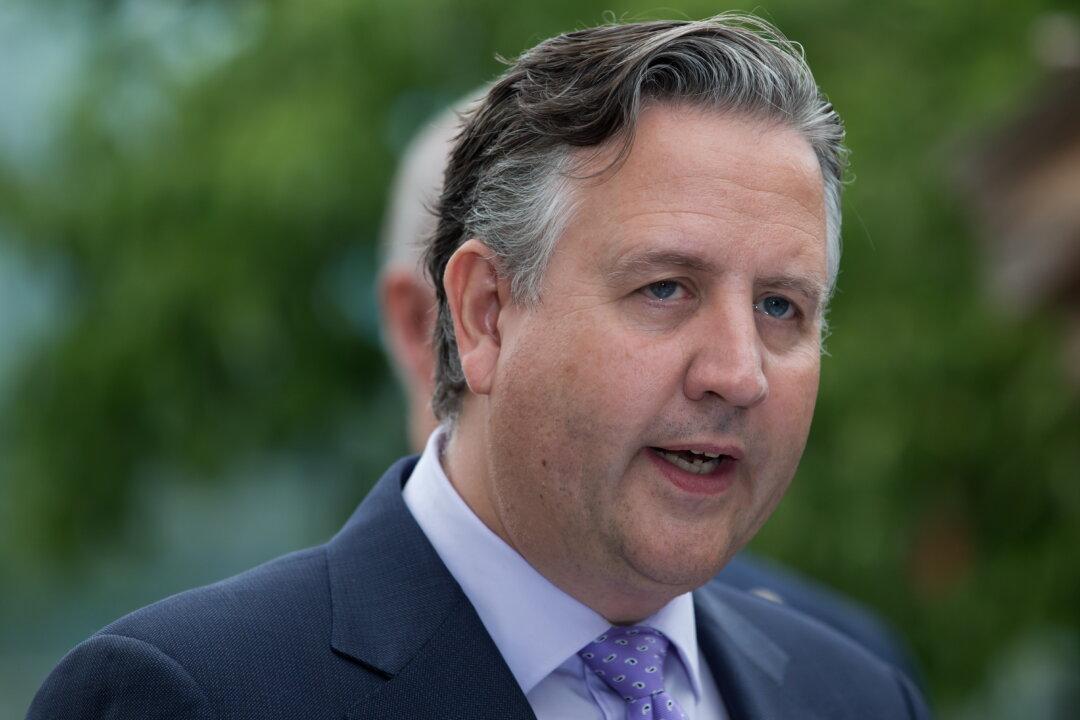Former Vancouver Mayor Kennedy Stewart, who lost his re-election bid in the city’s 2022 municipal election, says he was previously informed by a media outlet of what he judged to be “illegal” interference by the Chinese consulate in that election.
Stewart appeared on an episode of the podcast “This is VANCOLOUR” on March 24 to elaborate on a Globe and Mail report published on March 16 that quoted leaked information from the Canadian Security Intelligence Service (CSIS). The report explained how then-Chinese consul general Tong Xiaoling allegedly sought to mobilize the local Chinese community to help elect preferred candidates.





